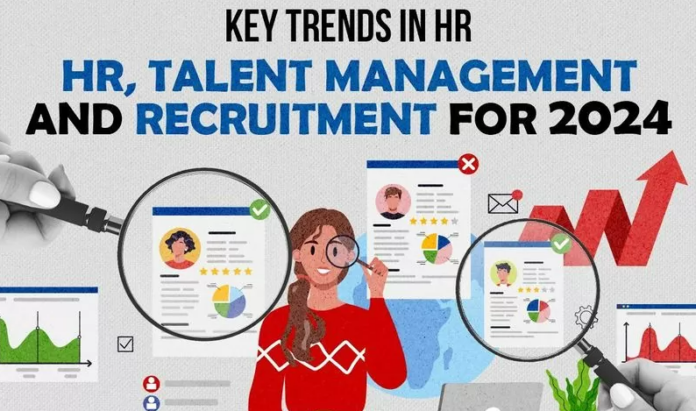As the world becomes increasingly globalised, maintaining compliance while embracing global mobility will be the key to retaining talent as we move into 2024. This is according to Hanna Asmussen, CEO and co-founder of Localyze, a global mobility platform for companies and employees.
In 2023, there was a continued interest in flexible working. Recent research from #WorkAnywhere has shown that remote workers in Europe and beyond are more satisfied with their jobs.
Furthermore, from a business perspective, we found that 51% of businesses in the UK, Germany, and the Netherlands believe global mobility initiatives like sponsoring relocations and workcations expands their access to talent.
Crucially, these statistics show that the desire for flexible global working, whether this be through long- or short-term relocations, team meet-ups or business trips, isn’t slowing down. As businesses and employees alike pursue the potential of global mobility, I’m positive that 2024 is poised to be a significant year for big moves.
Ongoing legislation changes and focus on compliance
2024 will continue with a barrage of impactful legislative changes in the UK and Europe. We have already started to see signs of this with large-scale changes to immigration laws in Germany, the UK, and most recently the debate in France.
TNW Conference 2024 – Group ticket offer
Save up to 40% with our Group offer and join Europe’s leading tech festival in June!
While legislators claim they want to encourage labour migration, the bills coming through propose alarming restrictions. We are yet to see where the chips will fall for European businesses facing crippling talent shortages, with recent reports outlining skill shortages in enterprises across Europe. For example, 42% of SMEs are subject to shortages of qualified staff.
What we do know is that legislative shifts will continue well into 2024, and companies need to be ready to adapt without losing sight of equity and inclusion for their employees. A key component to that will be building flexibility into their mobility policies and processes.
Businesses should assess their current approach and look to introduce flexible and fit-to-culture policies where possible, such as workcations that enable employees to work across multiple countries. Critical to pursuing this trend is being clear how many days employees can be away from their country of residence before tax and visa requirements kick in.
Beside legislative changes, more and more companies are now taking stock of their compliance responsibilities after pandemic-induced “change now, fix compliance later” moves. This topic is set to be a key challenge in 2024.
Rising demand for short-term mobility
In 2023, we saw more companies offering short-term workations, business trips and international assignments. In parallel, more countries joined Estonia and Portugal to offer nomad visas.
This means that global mobility is no longer another word for “permanent relocation.” Instead, it can encompass shorter trips and workations that have their own unique set of compliance requirements.
Support with short-term visas and permits can also prove to be a more cost-effective way to balance employees’ demands for flexible working, while bringing back work in the office. I expect many more companies will explore this path as the happy medium for them and their talent.
In parallel, I hope that in 2024 more countries will participate in short-term nomad schemes, as not only can an influx of professionals benefit the local economy, but also support a more globalised workforce of happier, more productive people.
The evolution of global mobility management
Which brings me to my final prediction: even as companies cut budgets, more and more employees will demand flexible working options across the world, prompting a complete reset of how global mobility is being managed. Most slot it under bigger HR functions, for example Rewards and Benefits, Talent Acquisition, or People Ops. But this approach is too limiting.
If global mobility is a Talent Acquisition tool, it benefits only new hires and encourages long-standing employees to travel without compliance or tax purview, putting the company at risk. Within Rewards and Benefits, it may benefit only a select few of your workforce. And having your People Ops team handle it could streamline some of the admin, but severely limits your ability to make strategic decisions that enable the whole company.
This is why we’ll see global mobility start to rise as its own function within businesses in 2024, ranking higher and higher in importance. The demand for change is coming from all sides: from employees pursuing more global working, to more international regulation and scrutiny.








